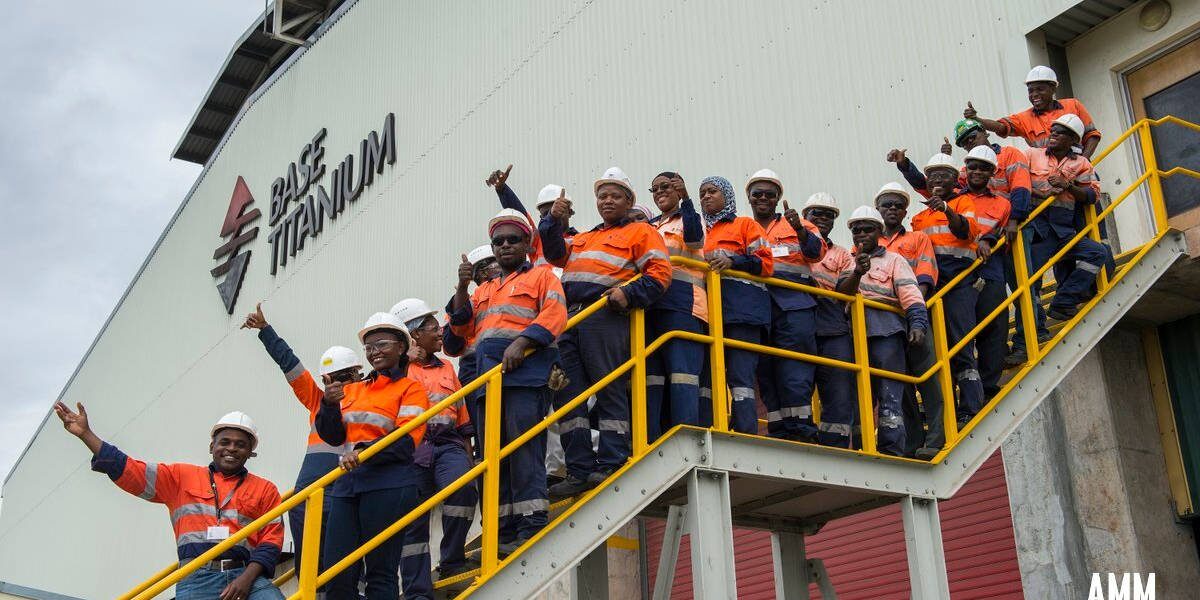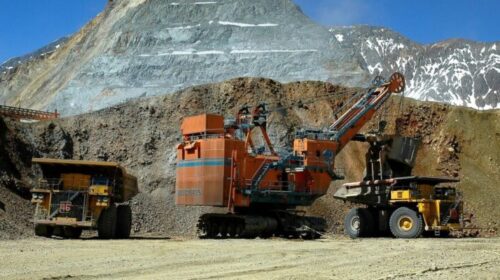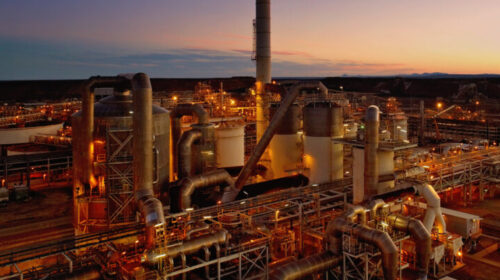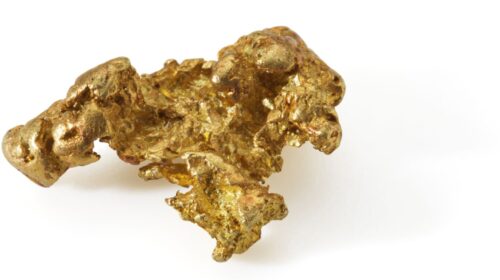Australian mining firm hopes to expands its business in Kenya
Base Titanium, an Australian mining business, is optimistic that it will be able to continue mining in the country once the present mine life expires in October next year.
It hopes to expand its operations along the Kenyan coast’s south and north by obtaining prospecting and mining licenses from the Petroleum and Mining Ministry.
The company, which spent Sh10.7 million on exploration in the first quarter of this year (January-March), is eager to incorporate additional mineral deposits identified within the Kwale Prospecting Licence (PL 2018/0119), but beyond the current footprint of Special Mining Lease 23, into its plans.
During the first quarter, the company drilled a section of the northern Vanga Prospecting License (PL/2015/0042), but says “no significant mineralisation was found.”
“Completion of the remaining drilling program (4,200 metres) in the North-East Sector (Kwale East) of PL 2018/0119 remains on hold pending community access being secured,” the company notes in its latest operational update.
Prospecting licence applications lodged for an area south of Lamu (applications 2019 0263, 0265, 0266), together with an area in the Kuranze region of Kwale county, about 70kilometres west of Kwale Operations (applications 2019 0260, 2510 and 2512), remain in progress through the granting process.
A government moratorium on the issuance of Prospecting Licenses in November 2019 has affected the progress of all licence applications.
However, technical assessment of applications has now recommenced.
Community compensation programmes have been a major issue in mega investments in the country, with political interference slowing down projects.
Yesterday, Base’s General Manager External Affairs, Simon Wall, said the firm is confident the ministry will grant the necessary approvals for its continued operations in Kenya.
“We are in the final stretch and it is going on well. They (ministry) have been very supportive and we look to resolve the final issues,” Wall told the Star on the telephone.
Base is keen to continue with exploration programmes and possible mining activities beyond its current site and other parts of the Coast region.
Current ore reserves at the company’s licensed area provide for about 15 months of mine life, with operations ceasing in October 2022.
It is currently mining the last site (South Dune) while contemplating a 12-month extension of the mine-life by mining an area near its current Special Mining Lease.
This is the ‘North Dune’ which had initially been left out due to low grade and poor mineral assemblage.
However, mining activities cannot take place without a ‘deed of variation’ to extend its Special Mining Lease boundary, which is still pending.
It exhausted the ‘Central Dune’ which it mined from October 2013 to June 2019, before moving to the South Dune.
A loss of titanium exports will create a huge gap in the mining sector earnings, noting Base accounts for more than 50 per cent of total sector revenue, according to the ministry data.
In 2019, export earnings from titanium ores were Sh13.9 billion, the Economic Survey 2020, by the Kenya National Bureau of Statistics, shows.
“The value of exports to China (mainland) went up by 36.2 per cent due to increase in the value of exports of titanium ores and concentrates,” KNBS says in the survey.
Together with Tata Chemicals, the two holds 77 per cent of the country’s mineral revenue earnings.
Others are Kenya Fluorspar(18.6 per cent), Karebe Gold(4.6 per cent), Kilimapesa Gold(0.7 per cent) and Lapigems Limited(0.4 per cent). The rest of the industry players account for 15.5 per cent.
![]()





